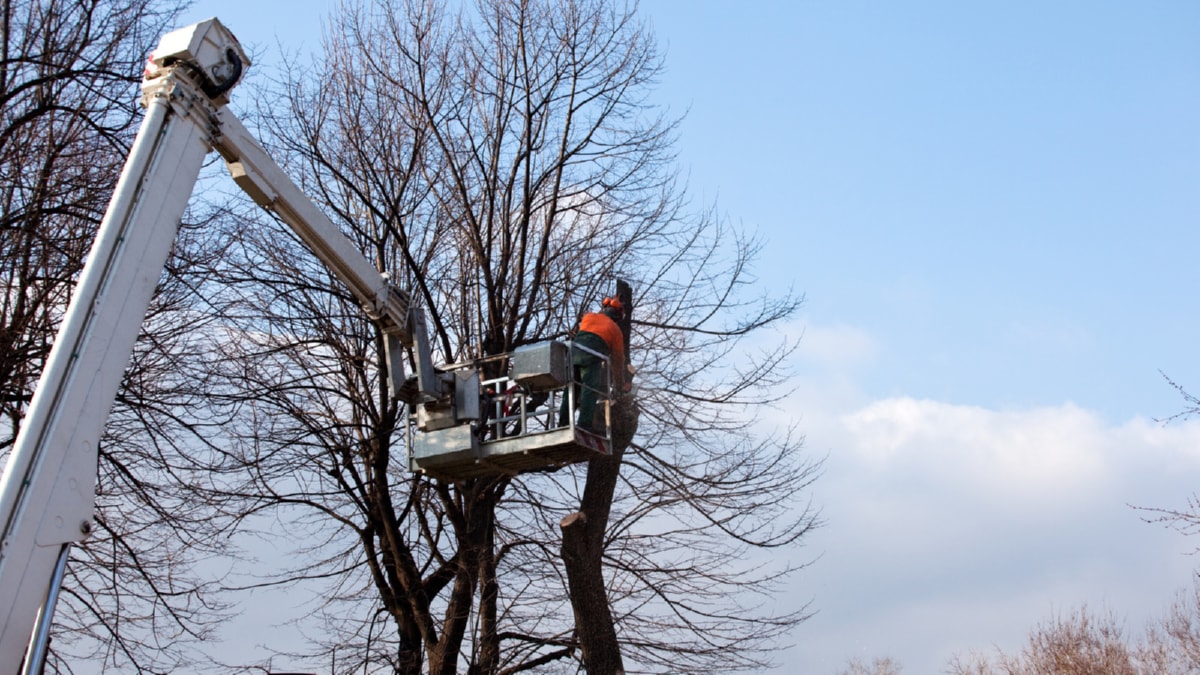The construction industry has always been a powerhouse of innovation and advancement. It is constantly evolving, and what lies ahead promises to be no different. As we move into the next decade, the industry is expected to undergo a seismic shift, driven by developments in technology. This article will explore what’s next for the construction sector, focusing on how technology will shape our built environment.
The adoption of digital technology is one of the major trends that is expected to shape the future of the construction industry. 3D architectural modelling, for instance, is becoming increasingly prevalent. It allows architects, engineers, and contractors to create detailed 3D models of a building before construction begins, ensuring that potential issues are identified and resolved before they become costly problems.
Another prominent trend is the rise of automated buildings. These are structures that are connected to the internet and use sensors, actuators, and microchips to monitor and control the building’s environments. This technology can boost energy efficiency, security, and overall comfort for occupants. The Internet of Things (IoT) is expected to play a central role in this trend, allowing for seamless integration of various building systems.
In addition, the construction industry is also beginning to embrace the application of automation and robotics. From automated brick-laying robots to self-driving construction vehicles, these technologies have the potential to cut down the time and cost associated with construction projects. They can also improve safety, as robots can perform dangerous tasks that would otherwise put human workers at risk.
The use of sustainable materials and practices is another trend that is expected to gain traction in the future. As the world grapples with the effects of climate change, the construction industry is under pressure to lower its environmental impact. This is leading to an increase in the use of sustainable materials, as well as the adoption of energy-efficient construction methods.
In conclusion, the future of the construction industry looks bright. It’s clear that technology will play a key role in shaping the sector, from digital modeling and smart buildings to automation and sustainable construction. However, it’s also important to remember that technology is just a tool. The success of the industry will ultimately depend on how well we can adapt and respond to these new trends and technologies. The future of construction holds promising opportunities, and it will be interesting to see how these trends unfold in the coming years.
For more details, check best Insulation Solutions in Carlow or visit their Insulation Services Carlow business listing here.



